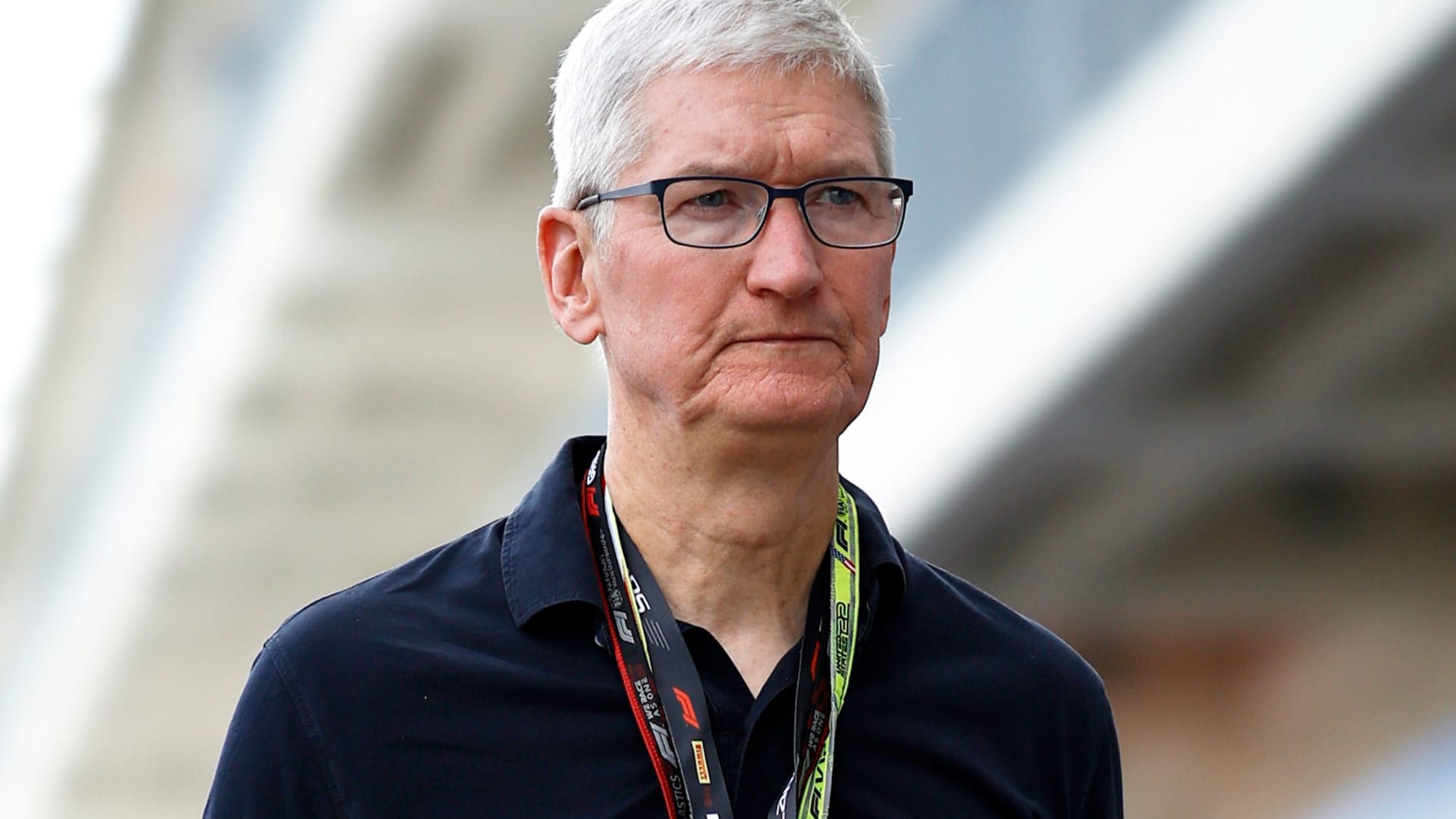Apple CEO, Tim Cook, testifies before the Senate Homeland Security and Governmental Affairs Committee’s Investigati
Getty Images
The U.S. Department of Justice sued Apple on Thursday, accusing it of using the iPhone’s market power to cut off rivals, kicking off a multiyear process involving hundreds of lawyers and threatening Apple’s “walled garden” business model.
If the DOJ wins, it could seek a range of changes to Apple’s business, and U.S. officials didn’t rule out the possibility that Apple could face “structural remedies” or be broken up.
If Apple’s arguments prevail, a court could rule that its estimated 64% of U.S. smartphone share isn’t a monopoly, or that its conduct wasn’t illegal, giving Apple new tools to fight off future regulation.
But before any of that happens, we’ll likely see years of legal wrangling, during which Apple will be forced to defend its business in public, distract its executives with legal meetings, produce internal documents for the government and potentially face bad headlines that could hurt its brand or image.
The DOJ’s lawsuit still needs to be assigned to a judge. In the short term, Apple could ask for a change of trial location away from New Jersey, and it will likely ask to dismiss the case entirely.
All these steps take varying amounts of time, and it’s realistic the trial will be scheduled for 2025, and the appeal won’t wrap up until 2027, depending on which judge is assigned the case, said William Kovacic, director of the Competition Law Center at George Washington University.
Often, companies accused of antitrust violations like Apple like to drag out the trial, said John Newman, a professor of law at the University of Miami and a former DOJ attorney.
“In general, defendants love to drag their heels forever,” Newman said. “Is the judge going to go with what the defendant proposes, which is inevitably years and years, tons and tons of discovery? Drag it out forever? Or they can actually step up and try to control that?” he…
Read the full article here

Leave a Reply